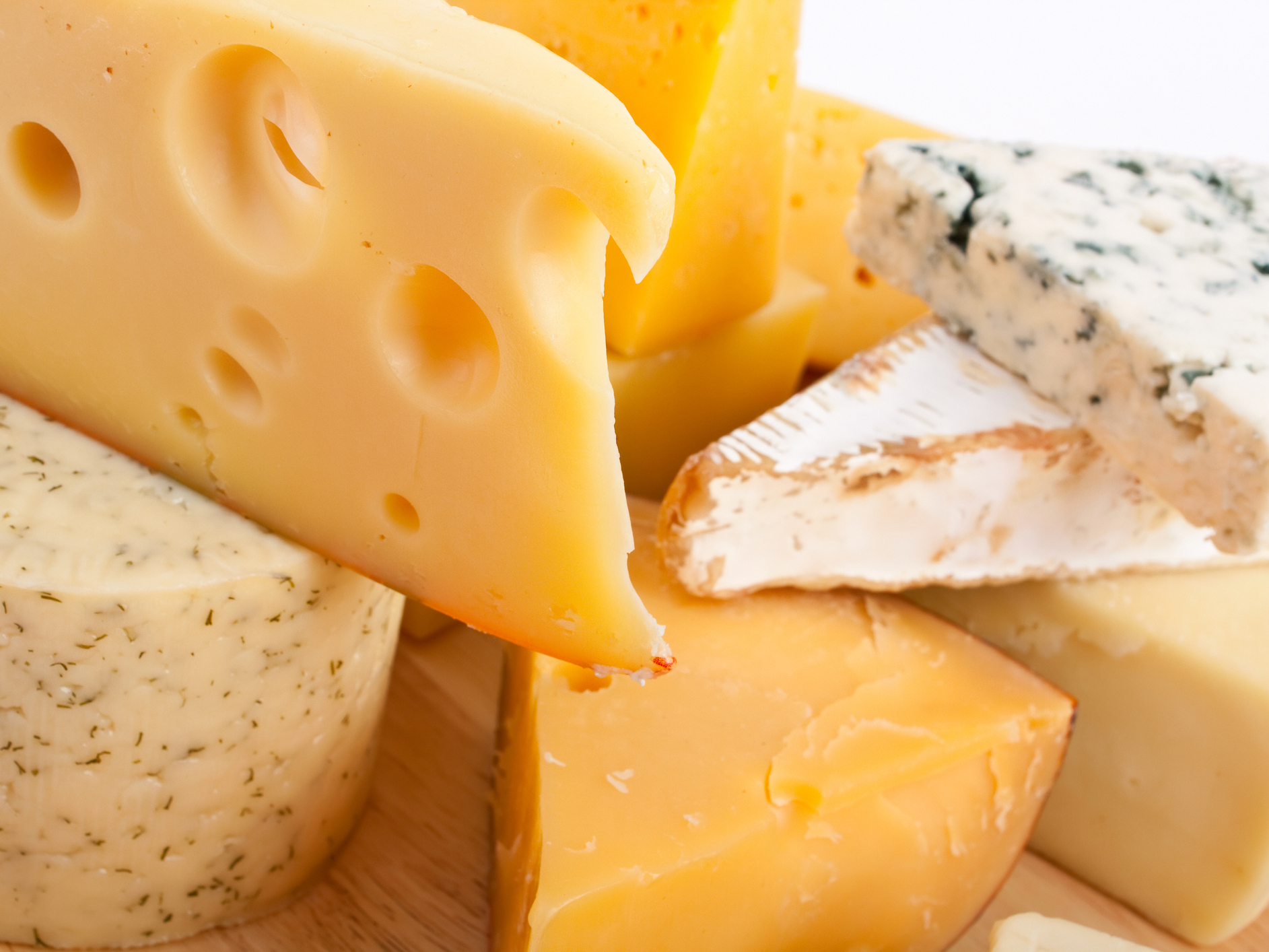Get Easy Health Digest™ in your inbox and don’t miss a thing when you subscribe today. Plus, get the free bonus report, Mother Nature’s Tips, Tricks and Remedies for Cholesterol, Blood Pressure & Blood Sugar as my way of saying welcome to the community!
Say yes to cheese for better blood sugar

I’ve never been shy about voicing my love for a certain food: Cheese.
No matter how you slice it, cheese is delicious.
Problem is, most of us feel like we need to cut out the Colby jack to keep our health (and waistlines) in check.
Cheese is high in fat. It’s high in calories. It’s high in sodium. It causes inflammation.
These are just a few of the arguments against eating cheese. But today, I’m here to stand in defense of this fermented dairy product.
Sure, there are some downsides to going hog wild on a sharp cheddar cheese wheel. But there are upsides too… especially if you have prediabetes or diabetes.
That’s because a new study shows a side of swiss could help you keep your blood sugar under control.
Eating cheese for balanced insulin and blood sugar
Researchers from the University of Alberta just uncovered cheese’s second superpower (besides tasting awesome)…
Eating cheese can improve blood sugar levels.
In a study performed on prediabetic rats, both low-fat and regular cheese helped stabilize insulin levels and improve blood sugar.
It didn’t bring them completely back to normal. But it made a big enough difference that researchers suspect a bit of cheese should be on the menu… especially if you’re dealing with prediabetes.
“The key to good health is to have a diversity of good food, and cheese has a place in the diet of most people. Like grandma says, everything in moderation. If I love cheese, I would not cut it out of my diet,” said study author and University of Alberta nutrition expert Catherine Chan.
The healthy way to eat cheese
You should know that this study was funded by the Dairy Farmers of Canada. Since they have an interest in selling more cheese, take the results with a grain of salt (or a dash of parmesan — shown to be on par with blood pressure meds in this study).
Personally, I’m an optimist when it comes to eating cheese. I believe it has health benefits and that, eaten in moderation, it can be part of a healthy diet.
Cheese contains a lot of nutrients, like calcium, protein, magnesium, zinc, and vitamins A, D, and K. And research shows it can support bone health, dental health and promote healthy blood pressure (in addition to any blood sugar benefits it may have).
But there are some downsides to eating cheese, as I mentioned above. So, how do you keep your cheese eating habit as healthy as possible?
Stick to whole, natural, organic cheeses to avoid getting all the hormones you’ll find in conventional dairy products.
If you can get cheese from grass-fed cows, that’s even better because these cheeses contain healthy omega-3 fatty acids.
And moderation is key, of course. A 2017 study found that eating 40g or 1.4 oz of cheese per day lowered stroke and heart attack risk. But eating more than that caused the risk to rise. So, healthy cheese eating is a bit of a balancing act.
As far as eating cheese cubes goes, 1 oz is like a pair of dice. So, you might get more enjoyment from your cheese shredded atop one of your favorite foods.
Editor’s note: Are you feeling unusually tired? You may think this is normal aging, but the problem could be your master hormone. When it’s not working, your risk of age-related diseases skyrockets. To reset what many call “the trigger for all disease” and live better, longer, click here to discover The Insulin Factor: How to Repair Your Body’s Master Controller and Conquer Chronic Disease!
Sources:
- Cheese may help control blood sugar — MedicalXpress
- Both low- and regular-fat cheeses mediate improved insulin sensitivity and modulate serum phospholipid profiles in insulin-resistant rats — The Journal of Nutritional Biochemistry
- Is cheese good or bad for you? — Medical News Today
- Eating 40g of cheese a day may reduce heart attack and stroke risk — National Health Service (UK)













